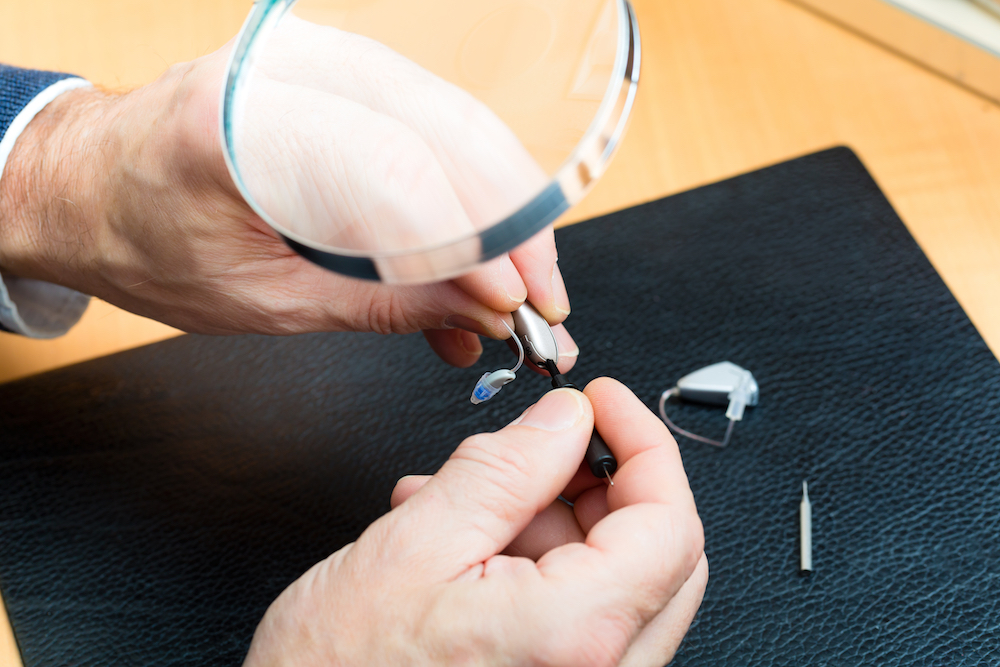Top Reasons to Schedule a Hearing Test
Everyone should have their hearing tested once in a while, and you should


Everyone should have their hearing tested once in a while, and you should

According to research conducted by the National Institutes of Health,

Hearing aids are a life-changing investment that can allow you to lead an